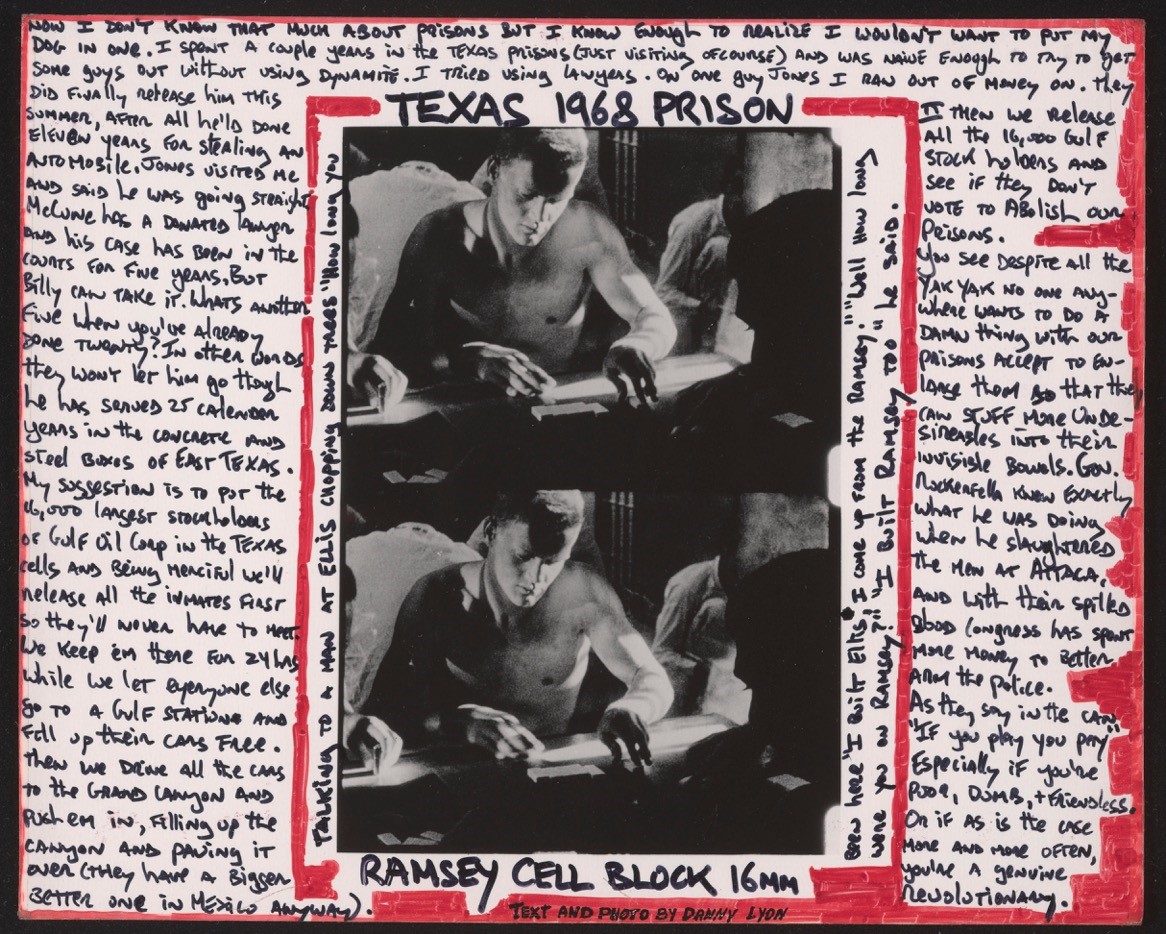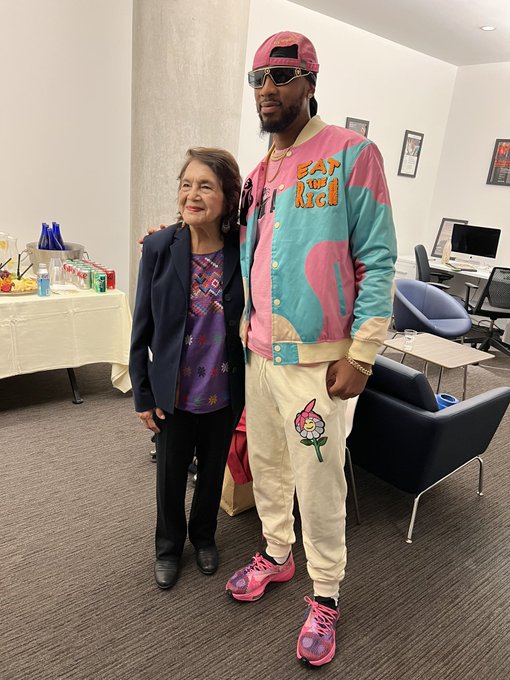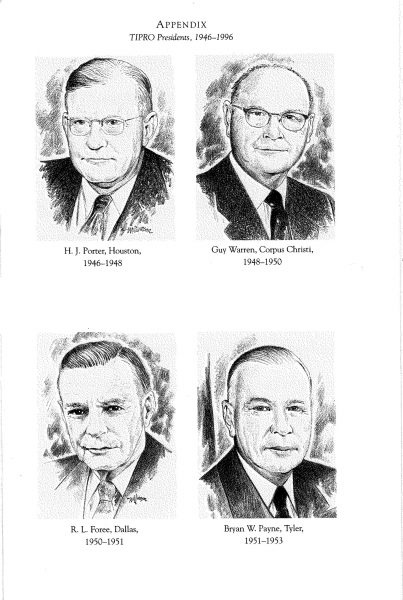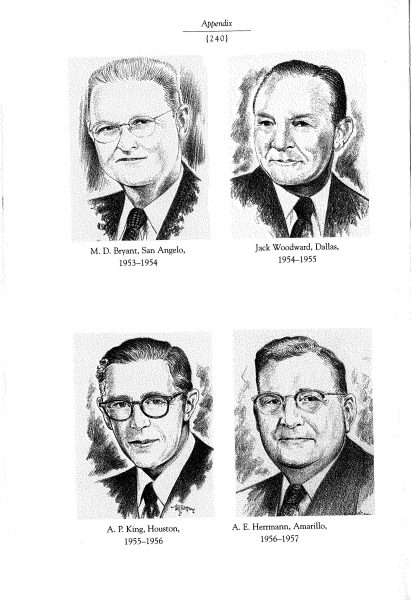CLICK ON READ MORE (IF YOU’RE ON FIRST’S HOMEPAGE) TO SEE BIGGER/BETTER.

A Website of the Radical Imagination
Think of Pablo Picasso. Think of Miles Davis. Think of Sugar Ray Robinson.
All three were artists in their chosen realms, who expanded those realms into previously unknown dimensions. All three were difficult and ambiguous and contradictory. All three answered only to themselves in the mysterious ways of genius. Tough nuts to crack.
Herb Boyd, with Ray Robinson II, has a go at cracking the diamond of a nut that is Sugar Ray Robinson in Pound For Pound, a Biography of Sugar Ray Robinson.
Claude McKay’s Banjo is a true life novel about a band of black and tan outsiders living by the sea in mid-20s Marseille.
I’m with the OG Tonight‼️ @DoloresHuerta @amazonlabor✊🏽

I once worked in a factory with a girl named Jolene. We were 17 and I had lied to get hired; we couldn’t legally work in the plant for another year.
She was white, from somewhere around “Taylor-tucky”, a name that mocked the southern roots of working class whites of the suburb of Taylor, Michigan. I lived in Detroit (still do). I was black, and I still am, as a matter of fact. Without the factory we’d never have met.
One afternoon the mid-sixties my soon-to-be wife and I were in Seattle visiting Hazel, her old Graduate Art School advisor when, in the late afternoon, there was a knock at the front door. “Get that would you please, Michael?” Hazel asked. “Diane’s there. She has a fish for us”. Diane, the student at the door, was clearly of Mediterranean decent and so beautiful that I caught my breath. “Hi”, she said, “this is for Hazel. Tell her that I can’t stay because I have a few more fish to deliver.” On that she turned and went down the stairs to the street. I closed the door and stared at the salmon wrapped in wet newspaper that Diane’s boyfriend had just caught a few hours earlier in Elliot Bay.
Sometime later when I finally met Jim Smith he was working as a shipwright and had this small boat he fished off of in the waters of Elliot Bay, and its surrounds, which formed the liquid edge of downtown Seattle.
The first thing I remember about Jim was his apology. He would begin many conversations with people he didn’t know by apologizing for having such a common name. The irony was that he was one of the most uncommon guys I’d ever met.
From the department of don’t stand near me because I’m vomiting. In the current New Yorker, from a profile of Wendell Berry by Dorothy Wickenden, subtitled, “Wendell Berry renounced modernity sixty years ago, but his ideas have never been more pressing.”
THERE WERE A HALF-DOZEN wonderful family shots in our batch of holiday Polaroids — but so far I’ve had eyes for only one picture in the pile. It shows Tom, our older boy, and my wife holding a horse, with James, our grandson, in the saddle, steadied by myself, Granddad. A New Yorker, 3 years old, James hasn’t been on a horse before. He’s looking at the camera, not at us, or at Terence — Terence is the horse — but what is his expression? I keep coming back to the shot, trying to read James’s face. Is he enjoying himself? Is he the kind of kid who, a bit older, will think it’s cool — or whatever they will say then — to spend a horsy summer in the Berkshire hills?
“Larry Goodwyn has a book out there that nobody talks about.” I was struck by Donnel Baird’s nod in People Power to Goodwyn’s Texas Oil, American Dreams: A Study of the Texas Independent Producers and Royalty Owners Association. Keep in mind Baird is a young black organizer-turned-entrepreneur who runs a venture capital backed startup focused on bringing clean energy and economic development to places like Harlem, where his business is based. (“We are building solar-powered microgrids in New York City’s poorest neighborhoods.”) Now take a look at the first few pages in the portrait gallery of presidents of the organization, TIPRO, that Goodwyn lauded in Texas Oil, American Dreams.


I am pushing 85 as I write this and take you back to a sleepy Sunday in 1943 when I am six years old and my father has brought me to the Five-Ten-Hall. While a small clutch of men, including my father, speak animatedly about things that buzz above me, my eyes are locked on one man in that group. I follow him wherever he steps, at a certain distance, too shy to approach. I am engrossed in the light that reflects purple and dark blue off his forehead and cheeks and by the contrast of his totally black skin and the whites of his eyes. No doubt such interest is not new to him. When our eyes meet, he smiles at me in a kindly way. The name of this blackest of men was Benjamin Harrison Fletcher. He was among the greatest of IWW organizers and one of the pioneer civil rights leaders of the early twentieth century: unsung and forgotten today.
Last month I got a lift when I learned Blue Collar–Paul Schrader’s 1978 movie about working class lifers and union corruption–unsettled a group of middle class city kids who’d never seen the inside of a factory. Their weightier-than-woke response to a screening of the movie in NYC hints it remains a model of popular realist art.
If Walter had not been so desperately anxious to away to college, he might never have been able to stick it out those first few weeks at the factory.
In mid-May, the CDC revised its guidelines on masks. Vaccinated individuals could go maskless both indoors and out. The news came on the tail end of a long shift at my retail job. We’d strictly enforced the mandate since last May. It felt like, mid-fight, the enemy combatants had called out from their opposing trench that the war was over. Maskless customers filtered in throughout the evening. Without word from On High, the battle was over. And that battle had been about more than just public health.
Ian Urbina, author of The Outlaw Ocean: Journeys Across the Last Untamed Frontier and organizer of the Outlaw Ocean Project just collaborated with the Los Angeles Times on a video and piece explaining how the sea is a dystopian place: “Too big to police and under no clear international authority, immense regions of treacherous water play host to rampant criminality and exploitation.” You can see the video after the jump here. What follows directly is another short video Urbina posted last summer…
A Chinese immigrant is facing drug charges after two unrelated raids in New Mexico uncovered a marijuana processing operation, a network of purported hemp farms, and dozens of Chinese immigrants who had been laboring amid tons of marijuana.
Penniless and nearing thirty circa 1990, the one ace up my sleeve was that I “worked with Grossman.” Grossman. The Brandeis English department’s quite literal resident “genius” poet and pedagogue. In August 1989, Allen R. Grossman had in fact received a John D. and Catherine T. Mac Arthur “Genius” Grant. Needless to say, I owned no mutual funds back then, but Grossman’s stock was on the rise when he was my doctoral adviser.

What follows is a brief excerpt from Robert Creeley on the Poet’s Work, in conversation with & photographs by Bruce Jackson–a new book documenting a Q&A between Jackson and Creeley that took place in 2001. In the passage below, Jackson’s prompts are bolded.
Deaths of Despair and the Future of Capitalism, Anne Case and Angus Deaton, 2020.
The Meritocracy Trap, Daniel Markovitz, 2019.
On the Clock, Emily Guendelsberger, 2019.
A Collective Bargain, Jane McAlevey, 2020.
the case for A JOB GUARANTEE, Pavlina Tcherneva, 2020.
A Brief History of Fascist Lies, Federico Finchelstein, 2020.